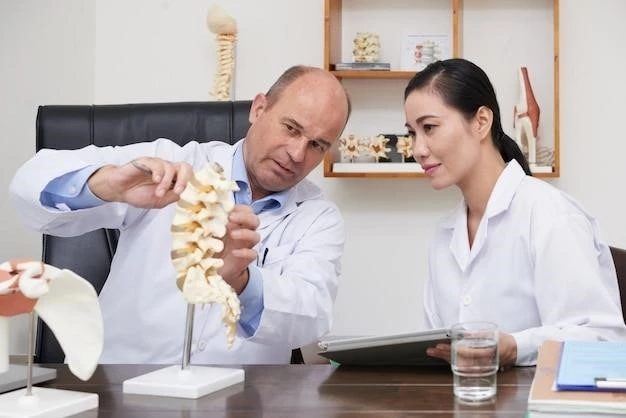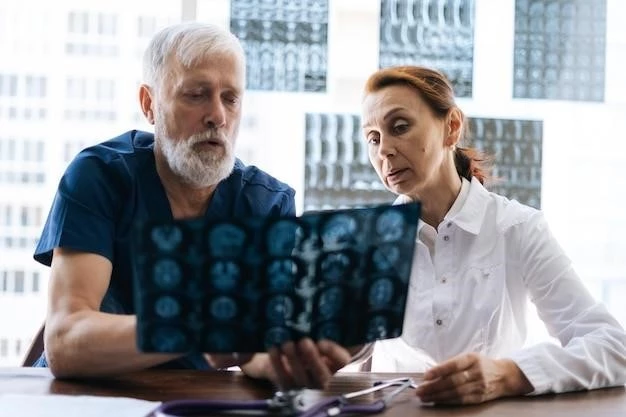Introduction
Mixed Sclerosing Bone Dysplasia (MSBD) is a rare bone disorder with varying clinical features, challenging diagnosis, and management options․ The syndrome poses significant impact on daily life․
Overview of MSBD Syndrome
Mixed Sclerosing Bone Dysplasia (MSBD) is a rare disorder characterized by variable bone sclerosis, impacting bones such as the skull, long bones, and vertebrae․ This syndrome presents challenges in diagnosis and management due to its diverse clinical features․ Research has shown associations with melorheostosis, osteopoikilosis, and other bone abnormalities․ Understanding the genetic basis of MSBD is crucial for better diagnosis and treatment of individuals affected by this syndrome․

Clinical Features
MSBD syndrome presents variable bone sclerosis affecting different bones like the skull, long bones, and vertebrae, leading to a range of clinical manifestations․ It poses challenges in diagnosis and management due to its diverse clinical features․
Mixed Sclerosing Bone Dysplasia (MSBD)
The MSBD syndrome encompasses a spectrum of bone sclerosis conditions like osteopathia striata, melorheostosis, and osteopoikilosis․ This rare disorder involves abnormal endochondral bone development, resulting in a variety of skeletal abnormalities affecting different parts of the body․
Diagnosis
Diagnosing MSBD syndrome involves challenges due to its varied clinical presentation, requiring careful evaluation and consideration of bone abnormalities and genetic factors․
Diagnostic Challenges and Approaches
Diagnosing MSBD syndrome can be complex due to its overlapping features with conditions like melorheostosis and osteopoikilosis․ Approaches involve detailed imaging studies, genetic testing, and collaboration among specialists to differentiate MSBD from similar bone dysplasias․

Treatment Options
Research indicates treatment with modified Shengma Biejia Decoction (MSBD) combined with specific programs for certain conditions․ Collaborate with healthcare providers for individualized care․
Management Strategies for MSBD Syndrome
Management of MSBD syndrome involves tailored approaches depending on the specific symptoms and impact on daily life․ Individualized care plans incorporating physical therapy, pain management, and monitoring bone health are essential․ Collaborate with a multidisciplinary team for comprehensive care․
Research and Studies
Research on MSBD syndrome explores the efficacy of treatment approaches like modified Shengma Biejia Decoction (MSBD) combined with specific programs․ Various studies focus on understanding the genetic and bone abnormalities associated with the syndrome․
Latest Findings on MSBD Syndrome
Recent studies have delved into the efficacy and safety of treatment options such as modified Shengma Biejia Decoction (MSBD) in elderly patients with specific conditions․ Ongoing research focuses on exploring genetic and bone abnormalities associated with the syndrome․
Prognosis
Prognosis for individuals with MSBD syndrome varies depending on the severity of bone abnormalities, response to treatment, and overall health status․ Regular monitoring and individualized care are essential for managing the condition effectively․
Outlook for Individuals with MSBD Syndrome
The prognosis for individuals with MSBD syndrome can vary depending on the severity of bone abnormalities, age at diagnosis, and response to treatment․ Regular monitoring and personalized care play a crucial role in managing the condition and improving the quality of life for affected individuals․
Support and Resources
Available resources for individuals with MSBD syndrome include patient support groups, online communities, and healthcare providers specializing in rare bone conditions․ These resources offer emotional support, information, and guidance for managing the challenges associated with MSBD syndrome․
Available Assistance for Patients and Caregivers
Support resources for individuals with MSBD syndrome include patient support groups, online communities, and healthcare providers specializing in rare bone conditions․ These resources offer emotional support, information, and guidance for individuals and caregivers navigating the challenges associated with MSBD syndrome․
Impact on Daily Life
Living with MSBD syndrome can significantly impact daily activities due to bone abnormalities affecting mobility, comfort, and overall quality of life․ Implementing appropriate management strategies and seeking support can help individuals navigate the challenges posed by this rare bone disorder․
Living with MSBD Syndrome
People diagnosed with MSBD syndrome face various challenges in daily life due to bone abnormalities affecting mobility, comfort, and overall well-being․ It is essential for individuals to adapt to these limitations and seek appropriate support to cope with the impact of this rare bone disorder․
Genetic Component
Mixed Sclerosing Bone Dysplasia (MSBD) syndrome is proposed to have a genetic basis, with associations to abnormal endochondral bone development․ Understanding this genetic component is crucial for diagnosing and managing the syndrome effectively․
Understanding the Genetic Basis of MSBD Syndrome
Mixed Sclerosing Bone Dysplasia (MSBD) syndrome is believed to have a genetic origin, potentially linked to abnormal endochondral bone development․ Research aims to uncover the genetic underpinnings of MSBD to enhance diagnostic and management strategies for this complex bone disorder․
Ongoing Awareness Efforts
Efforts are ongoing to raise awareness about MSBD syndrome, focusing on educating the medical community and the general public about this rare bone disorder to improve diagnosis, treatment, and support for affected individuals and their families․
Initiatives to Raise Awareness about MSBD Syndrome
Various initiatives are underway to raise awareness about MSBD syndrome within the medical community and among the general public․ These efforts aim to enhance knowledge about this rare bone disorder, leading to improved understanding, early detection, and effective management strategies for individuals affected by MSBD syndrome․
